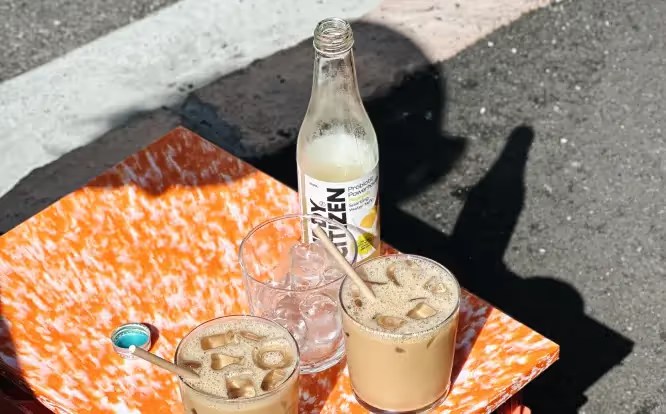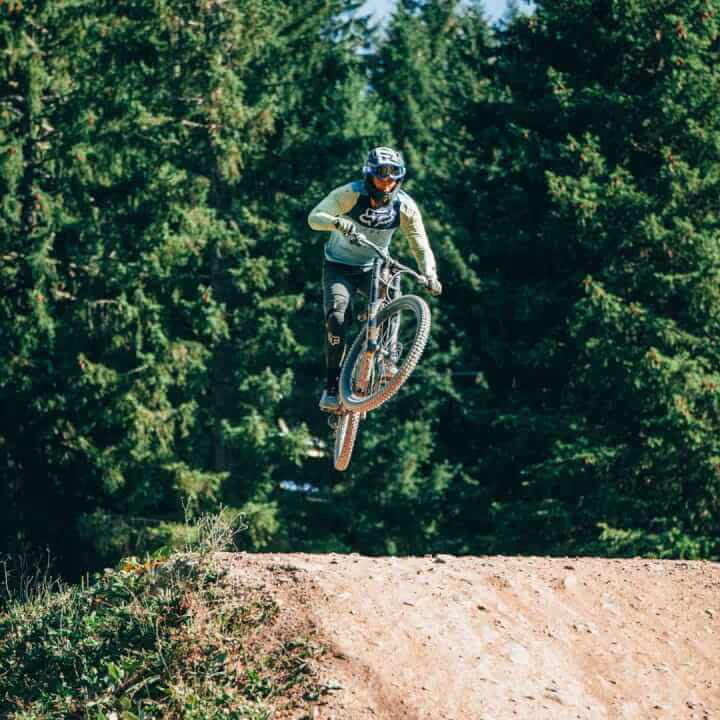Ben Monroe. A life on two wheels.
The art of balance. Ben Monroe’s life on two wheels.
Two years after the film BMX Bandits was released in 1983, the Accident and Emergency Department of the Children’s Hospital in Sheffield in the UK, began a study to compare BMX injuries with ‘normal’ bicycle injuries. Overall the study showed that riders were twice as likely to end up with a fracture if they were riding a BMX. The injuries accounted for 44% of all injuries alone and 94% of those were boys. The researchers asked the children what had caused the accidents and results included wheelies, bunny hops, frame ups, curb endos, flying the whoop and hitting the master camel. Three were injured riding backwards down a hill. Despite this, a significantly higher proportion of children riding standard bikes received head injuries as compared to BMX riders.
When the chances of getting hurt are so much higher on a BMX, but the likelihood of hitting your head are so much lower, it says something about the kind of kid who chooses a BMX as his, or her, mode of personal expression. Injuries come with the territory, grazes heal, bones knit, but you’ve got to keep your head. BMX kids are committed. Mountain bikers tend to be bigger, fall harder but are just as focussed.
We caught up with former Mountain Biking World Champ Ben Monroe to ask him a few questions about his time in the Mountain Biking world and how these experiences shaped him into the person is his today.
How did you get into mountain biking?
Growing up in Mt Nebo, North West of Brisbane, we were surrounded by mountainous National Parks that offered, the perfect opportunity for a bunch of boys to find anything that resembled a bike and fly down the numerous trails at break neck speeds. When we weren’t riding, we would be flipping through the pages of Mountain Bike Action Magazine dreaming of the bikes we wanted.
Who were your idols growing up?
Scott Steward for one he was a few years older than me and showed me what it took to be a professional cyclist. As well when I first went to that states in 1989, I was lucky enough to go to a bike shop that was owned by Sammy Hagar from Van Halen and it really impressed me to see the type of people associating themselves with the sport. Here was a guy in one of the biggest bands in the world and he was into cycling like me.
When did you start competing?
When we got to highschool a few of my mates starting competing, naturally you want to see who the best rider is. My first real exposure to sport was watching the 1987 National Championship at Iron-Bark Gully in Brisbane. That fact that there was this new action sport, that I could be a part of got me really excited to compete. The following year I went down to Stromlo in Canberra and entered the junior class, winning two gold medals in the process.
The success in National Championship catapulted him into the spotlight and in 1989 he traveled to the US for the World Championships at Mammoth Mountain in California on the back of a grant from the Australian Institute of Sport. Ben fell in with Scott Steward, (who finished in third place in the Australian National Road Race Championships in 1989 that same year), and with him found the mentor he needed to take his riding to the next level. The pair trained together in Italy as Scott had recently signed with the Polli Mobiexport team. “I use to watch how he’d prepare for races” Ben recalls, “I was always really impressed by how humble he was even though he was a weapon!” The experience left him with a lasting admiration for road bike racers and he still follows the sport closely.
What cycling events do you watch the most?
The Tour-De-France is just the most iconic cycling event in the world, the fact that they’re doing mountain passes for couple of days in succession. It’s just phenomenal the guts and determination they find in themselves to get through that. As well I always take time to check out the Downhill World Cups, the bikes they are riding these days are amazing, everyone is riding with so much speed, which makes for great watching.
Did you ever have a bad crash and how did you bounce back?
“I had a really good one in Cairns where I broke 6 bones, that took about 4 months to recover from”. The data from the Sheffield BMX injury survey rings just as true for mountain bikers. He avoided a head injury. In fact, it was his mental focus that kept his recovery on track as he says it was the, “psychological barriers that were toughest to overcome.” Getting back to peak performance level required a lot of guts and determination, this was in part driven by his father.
What was the best piece of advice you received?
Just after I had that big crash and I overheard a few people talking about whether I could get back to the level I was at, he said ‘what other people say about you is none of your business’. He was right, I needed to focus on what I was doing, not what they were saying.
More years of elite performance saw him become a World Champion, multi National Champion, Australian Hall of Fame & Global Adventure Mountain Biker. The sobering effect of his months of recovery gave Ben enough pause to find a way to stay in the sport without the risk of an involuntary dismount that would end his career in one go. Perhaps it was finding the flow in the National Park near his mountain home that allowed him to consult professionally for race track development. It lead him to being amongst the youngest managers for the 2000 Sydney Olympic Games as the competition manager for the Mountain Bike Event. Managing the Australian Professional Team was next. He found a way to stay on two wheels when he took over as general manger of the custom motorbike brand, Deus Ex Machina. For now he lets his kids have all the glory on their bikes, although he has a shed full of his own. He now focusses his formidable sports know how on another arm of extreme solo-sportsmanship in his role as operations manager for McTavish surfboards.
A life that has seen him constantly finding ways to keep moving forwards has given him the balance we all seek. Looking at Ben Monroe’s career you can see the truth in Einstein’s message to his son Eduard in 1930, “Life is like riding a bicycle. To keep your balance you must keep moving.”










